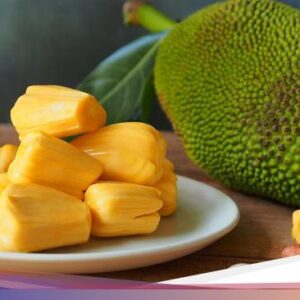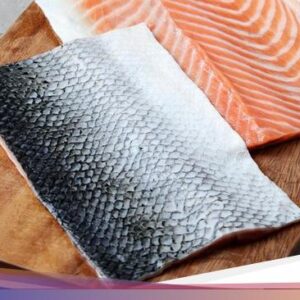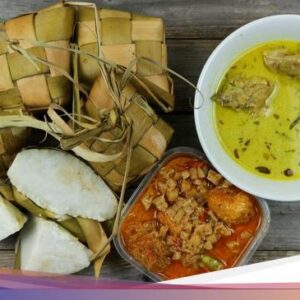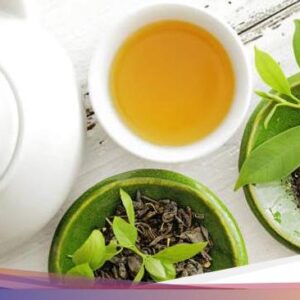Jakarta –
Eid al -Fitr is celebrated with the consumption of various delicious foods. But do not be crazy so that the stomach remains comfortable and the body does not widen. Here are tips for eating healthy during Eid.
Eid al -Fitr is a day of victory for Muslims. The moment of Eid al -Fitr is also always awaited because it is a place for friendship with family and relatives.
Various traditional foods typical will be served to be enjoyed together. Unfortunately, these foods are often high in calories, fat, and sugar. Therefore it is important to refrain from being crazy eating Eid food.
Scroll to Continue with Content
There are 7 tips for eating healthy during Eid al -Fitr that you can apply, as quoted from the site Siloam Hospitals following:
1. Pay attention to daily calorie consumption rations
You need to realize that Eid al -Fitr is not a ‘revenge’ time to eat. Keep paying attention to the daily calorie consumption rations. Make sure it remains according to the portion so that weight gain does not occur.
In general, the daily calorie intake rations for adult men are 2,500 calories per day. As for women around 2,000 calories per day. This calorie ration can be quickly cut off when you snack on a variety of high -calorie Eid cakes.
2. Limit the consumption of coconut milk food
 Photo: Getty Images/Aufa Fahmi Photo: Getty Images/Aufa Fahmi |
Eid al -Fitr foods such as curry, rendang, and chicken opor are made with lots of coconut milk. The consumption needs to be watched out because of high saturated fat which can increase the body’s cholesterol levels.
If left unchecked, the condition of cholesterol buildup can clog blood vessels and risk causing coronary heart disease. In addition, eating too much high -fat food containing coconut milk can also trigger stomach acid to rise. Symptoms in the form of nausea, heartburn, to abdominal pain.
3. Eat fruits and vegetables
The key to eating healthy during Eid is to balance it with consumption of fruits and vegetables. These two vegetable food ingredients are famous for their properties to balance the body’s cholesterol.
In addition, the content of fruit and vegetable fibers can nourish digestion. It is important to prevent problems that often occur after Idul Fitri, such as constipation and diarrhea. Fiber from fruits and vegetables also play a role in creating a longer feeling of fullness so that appetite can be maintained.
4. Avoid sweet foods and drinks
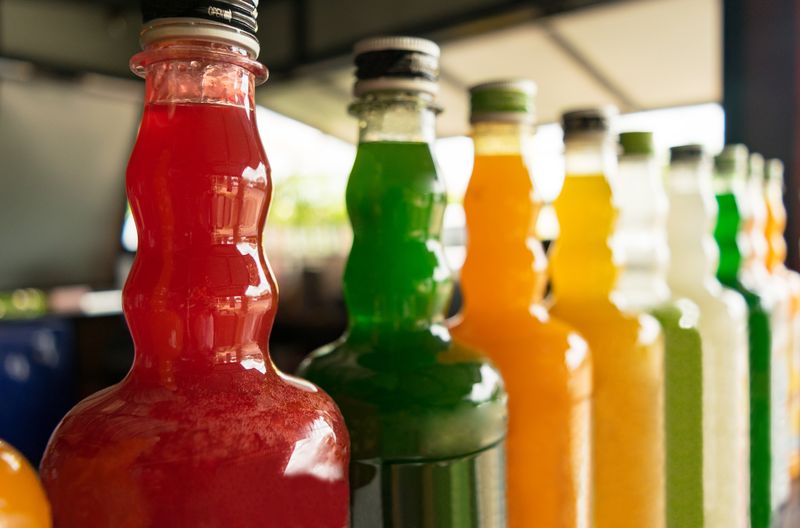 Photo: getty images/istockphoto/tmc_photo_create Photo: getty images/istockphoto/tmc_photo_create |
Not only the main food, snacks that are often served during Eid al -Fitr also need to be watched out for. Avoid eating excessive sweet foods and drinks.
High sugar content can cause an increase in blood sugar and weight. The long -term impact is the risk of diabetes.
More in the next page.

